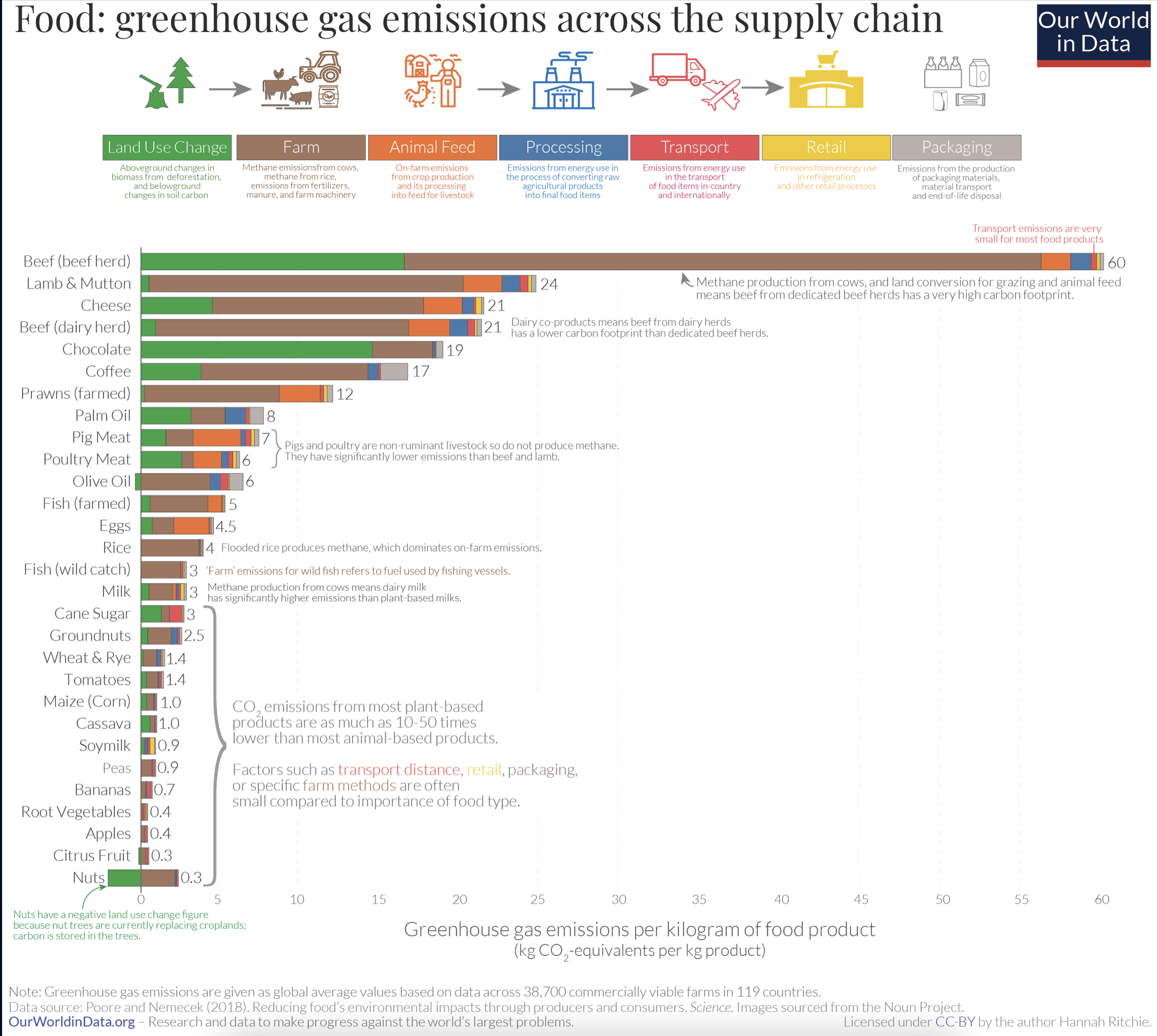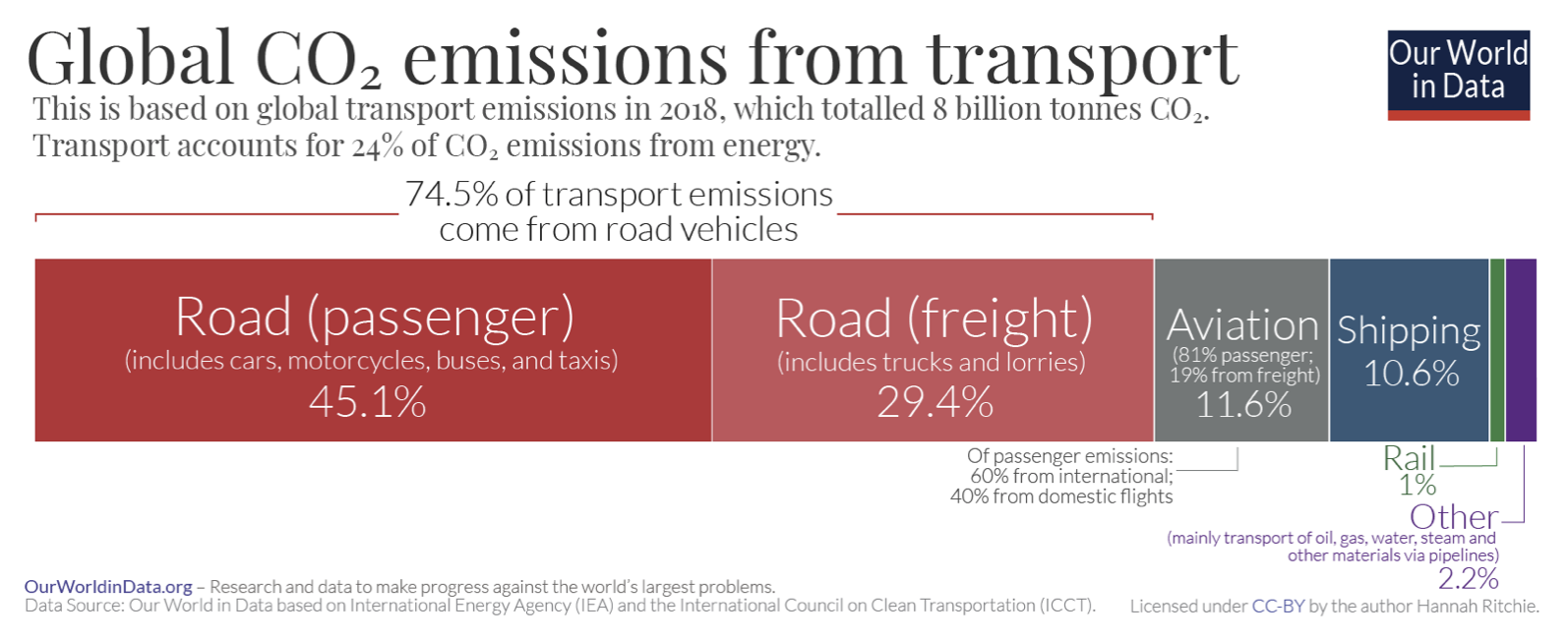Last week we had to evacuate our home due to a fire that came too close to our neighborhood. My brother and my niece were visiting, and as much as we tried to play cool and tell my eight-year-old niece that all would be well, she was upset. This was hard to witness - not only because she was upset as she saw the fire burning our favourite little pine forest where we walked our dog Seeta just yesterday, but because I worry that this is a glimpse of her future. Thankfully, the fire was extinguished, at least the one close to our doorstep, but many here in Portugal and all over Europe are still raging, burning trees, killing wildlife, injuring people, and destroying homes. The fires are often started by people, either accidentally or intentionally, and they have always been a threat, especially during the summer. But they have become more frequent and much more extensive in the last decade due to heatwaves and droughts caused by global warming. We have been warned about the effects of global warming for a few decades now. Still, nothing much changed, and we continued to live and consume as before. There is a glimpse of positive changes, but not close to what we need to change things around. The events we are witnessing around the globe have a clear message – we must wake up from this ‘business as usual’ dream. It is very evident now that our unsustainable lives impact the planet and our future.
I can say we are quite a climate-conscious household. We are cautious about what we buy and consume - from the food itself, which is plant-based and mainly local, to the packaging it comes in - we go to different shops to buy products packaged in glass or paper. I grow a small veggie garden on our patio, bake bread, make plant milk etc., mainly to avoid packaging. We are experiencing a heat wave right now, but we use the a/c only when it gets unbearable and never under 27 degrees. We're trying to be conscious about travel as well, but this, I feel, is still where we can reduce our carbon footprint. These changes didn't come overnight, and we got used to living as we do. Still, it is not always convenient, but I think it's necessary. Also, doing what I feel is right gives me long-lasting satisfaction. Doing the right thing is often not easy, to begin with, and as humans, we're used to quick fixes and our guilty pleasures, but the truth is, and science proves this, those are fleeting. Doing something positive for ourselves and others makes us happier than those short-fix solutions. Kindness is a source of long-lasting happiness (proven by science), much more than mindless consumption. Our planet is screaming right now, and it's time we start being kinder to her. She feeds and sustains us; without her, there is no us.
Ever since the fire, I have been pondering what more I can do. I know that it's up to us, every single individual, not up to the governments. Governments have proven over and over again that they don't like to make unpopular choices, and they mostly worry about the next election. This month the European Parliament declared natural gas and nuclear sustainable, against the sound advice from scientists and climate activists, putting in question Europe's pledge to become carbon neutral by 2050. Apart from virtually banning abortion and on their way to restricting other human rights, the US Supreme Court imposed limits on the Environmental Protection Agency's authority to regulate greenhouse gases, enabling big polluters to keep polluting and making it hard for the current administration to do anything about it. Instead of closing coal plants and switching to sustainable energy, China is building new ones. There is much more proof the politicians are very short-sighted. We were told the winter might be cold due to gas shortage, but did anyone ask you to reduce heating by one or two degrees and reduce gas use last winter? Of course not, it would be unpopular, and elections were looming. But now, when their ass is on the line due to energy shortages we're facing, it seems it's not that hard to find answers and reduce energy consumption. What a bunch of hypocrites.
I lost my faith in politicians a long time ago (even though I still vote), and I feel it's up to us to do something. They won't change until we change. After all, it wasn't just the politics that brought us here, we are all collectively responsible, and if we don't do something today, increasing wildfires, heatwaves, droughts, and floods will be our future and our children's future. Plastic is polluting our land, oceans and our bodies. Scientists have found plastic in 80% of the people tested. Equatorial Atlantic has seen a significant decline in plankton (the preliminary reports say that in the equatorial ring, 90% of plankton is already dead). No plankton, no krill, no krill, no fish. We are slowly killing the planet, this beautiful paradise we are lucky to call our home, and if we don't start doing something today, we will cause irreversible damage. The IPCC press release states, "The world faces unavoidable multiple climate hazards over the next two decades with global warming of 1.5°C (2.7°F). Even temporarily exceeding this warming level will result in additional severe impacts, some of which will be irreversible." (you can download the full report here) My intention is not to depress you with all this but to inspire and empower you. There is SO MUCH each of us can do; we hold much power in our hands, more than we know. People such as Greta Thunberg, still only a child and one with autism, is an excellent example of this and such an inspiration.
Consciousness is often on our lips in this global spiritual/wellness/health community. Consciousness, by definition, is being aware of and responsive to our surroundings and our present. And our present is showing us that the future is not bright. The question is - are we responding? And if not, are we conscious? It is time we all become climate activists and practice ahimsa (non-violence) to our Mama Earth. Revolution starts with the personal revolution and change that spills to those that know and love us, and it ripples from there. Even small changes can make a significant impact on our future together. As someone once said, the definition of insanity is "doing the same thing and expecting different results". If we want to change things around and at least try to make a difference, we need to change and do the right thing. It might be inconvenient, unpopular and uncomfortable, but it is necessary.
Whatever happens in the future, I want to look back and feel I was a part of the solution, not a part of the problem. I wouldn't be able to live with myself or look into my niece's beautiful blue eyes. I know there is always more to do, and this week I spent time pondering ways to do more and creating new pledges. I would like to share some statistics (in easy to interpret, pretty graphs;) I found with you. I hope it informs and inspires you.
FOOD
Food production is one of the biggest causes of carbon emissions. I see that people are becoming increasingly aware of this and that by making small changes in their diet, they can create a considerable positive impact not only on the planet's health but also on their own health. Lisbon boasts dozens of vegan restaurants, and a new one has opened every time we go back. Some are regular, but I am happy to see that high-end ones are also starting to emerge. Michelin star chefs are becoming plant-based or are adding vegan menus to their offers. This is exciting to see, but sustainability goes beyond plant-based food. I found this great chart that I want to share with you because it vividly shows the sustainability factor of different food we consume, taking into consideration everything - from the land use to transport and packaging. You might be surprised with some things you see high up there such as chocolate (cacao) and coffee. It's also interesting to see olive oil and nuts land use change to negative (which is positive in this case) as trees that replace croplands help store carbon.
Here’s another interesting one if you’re worried about protein. Which you shouldn’t be. The protein obsession is making people sick, but more on that some other time. I have heard many argue that the soy is unsustainable because it causes deforestation. This is true, but as you can see below, we’re not talking about soy milk or tofu but of soy used as animal feed (majority) and cooking oil.
We often hear that there are too many humans on the planet. That might be true, but that isn’t our main problem. The problem is livestock we farm for food. There is currently tree times more livestock than humans on Earth. Let me state that again - THREE TIMES MORE farmed animals than humans, animals that require food, water and that produce significant amount of waste. 1/3 of all the crops we farm goes to feeding staggering 23.5 billion livestock. The combined total of chickens (20 billion), cows (1.5 billion), sheep (1 billion) and pigs (1 billion) living at any one time is three times higher than the number of people. Meanwhile, we managed to annihilate wildlife almost completely, but that’s another topic.
TRANSPORT
I started with food because I feel that watching what we eat is the quickest way to make a difference on so many levels. But choosing our transport wisely and reducing our travel can have a great impact as well. Driving less and using public transport or cleaner options such as trains, electric cars, scooters or bicycles can immensely reduce our carbon footprint. Buying local and avoiding ordering things that need to cross an ocean or a continent is also important as it reduces cargo and shipping carbon emissions, as well as using rail instead of buses and reducing flights.
ENERGY and TOTALS
Finally, the graph below gives a full picture. If we look at the energy sector and focus on the energy use in the residential buildings, we can see that 10.9% of global greenhouse gas emissions come from our homes. Generally being mindful of energy use, reducing heating during winter and a/c during summer can help greatly. Right now the European countries are trying to come up with a plan to reduce gas usage due to the war and Russian gas issue. Apparently, it won’t be a problem reaching 15% reduction at all which makes me wonder why wasn’t this already done if it’s so easy to do?!
FINAL THOUGHTS
We should not be afraid to change and to speak out. We shouldn’t stay silent and compliant; we should change, demand change and act now. There is still time to put a stop to this, but it will take an effort from all of us. We all need to become climate activists, and the activism starts in our homes, choices and lives.
REFERENCES
https://ourworldindata.org/less-meat-or-sustainable-meat
https://ourworldindata.org/meat-production
https://www.pnas.org/doi/10.1073/pnas.1711842115
https://ourworldindata.org/co2-emissions-from-transport







